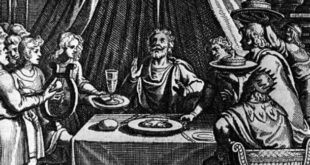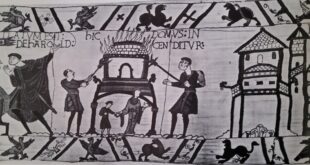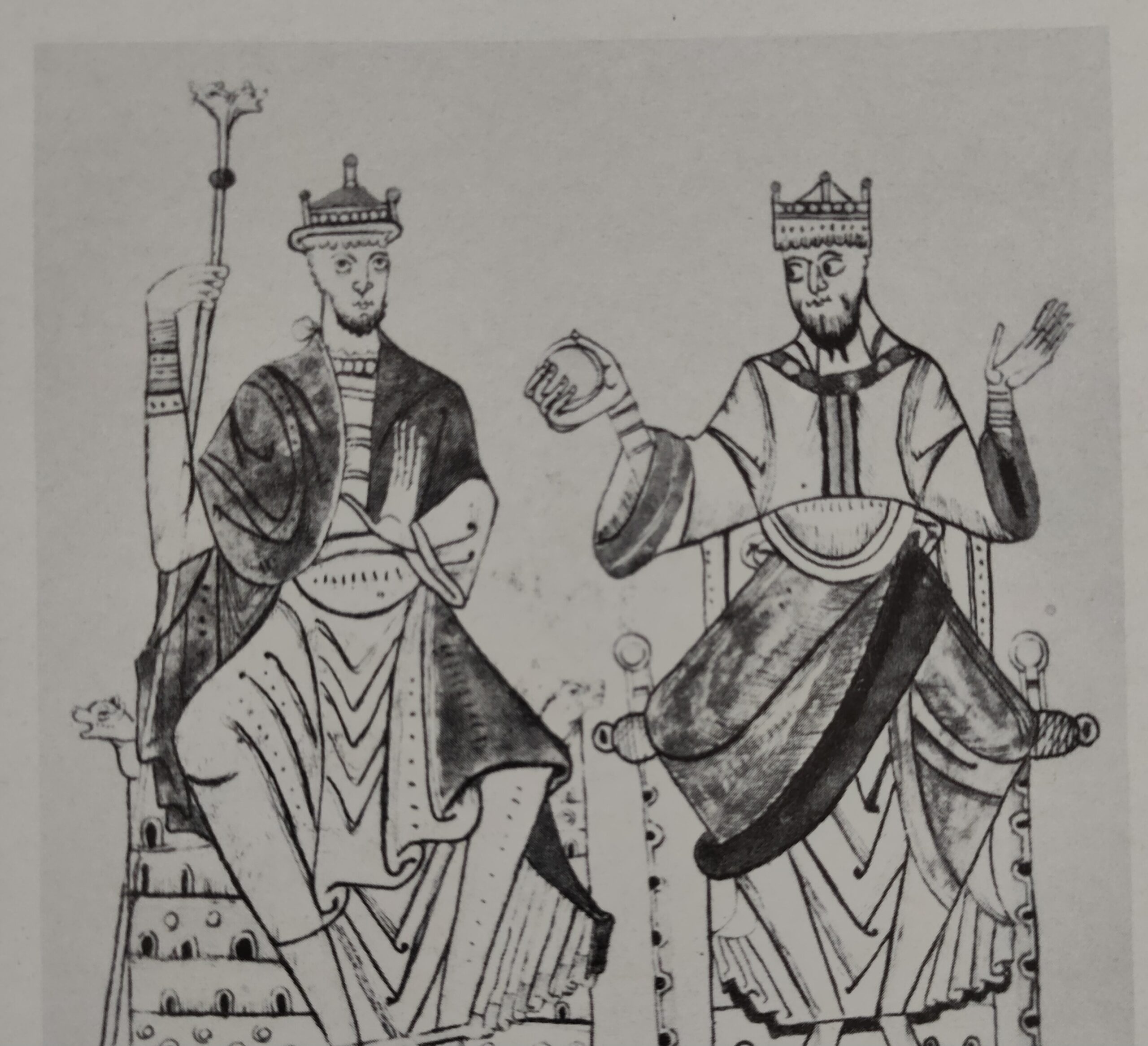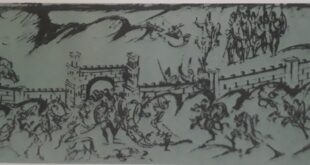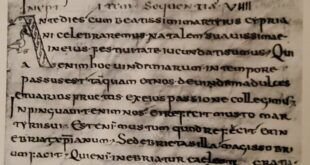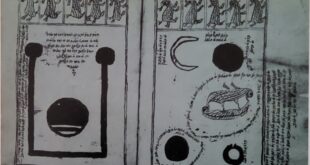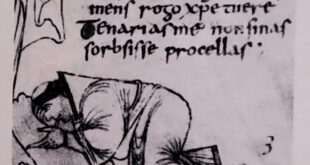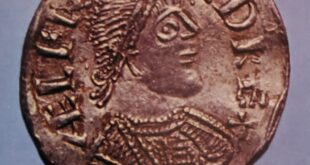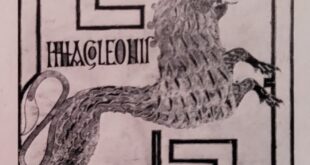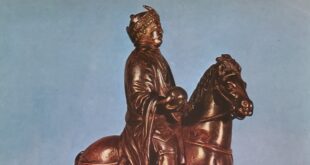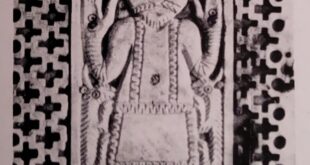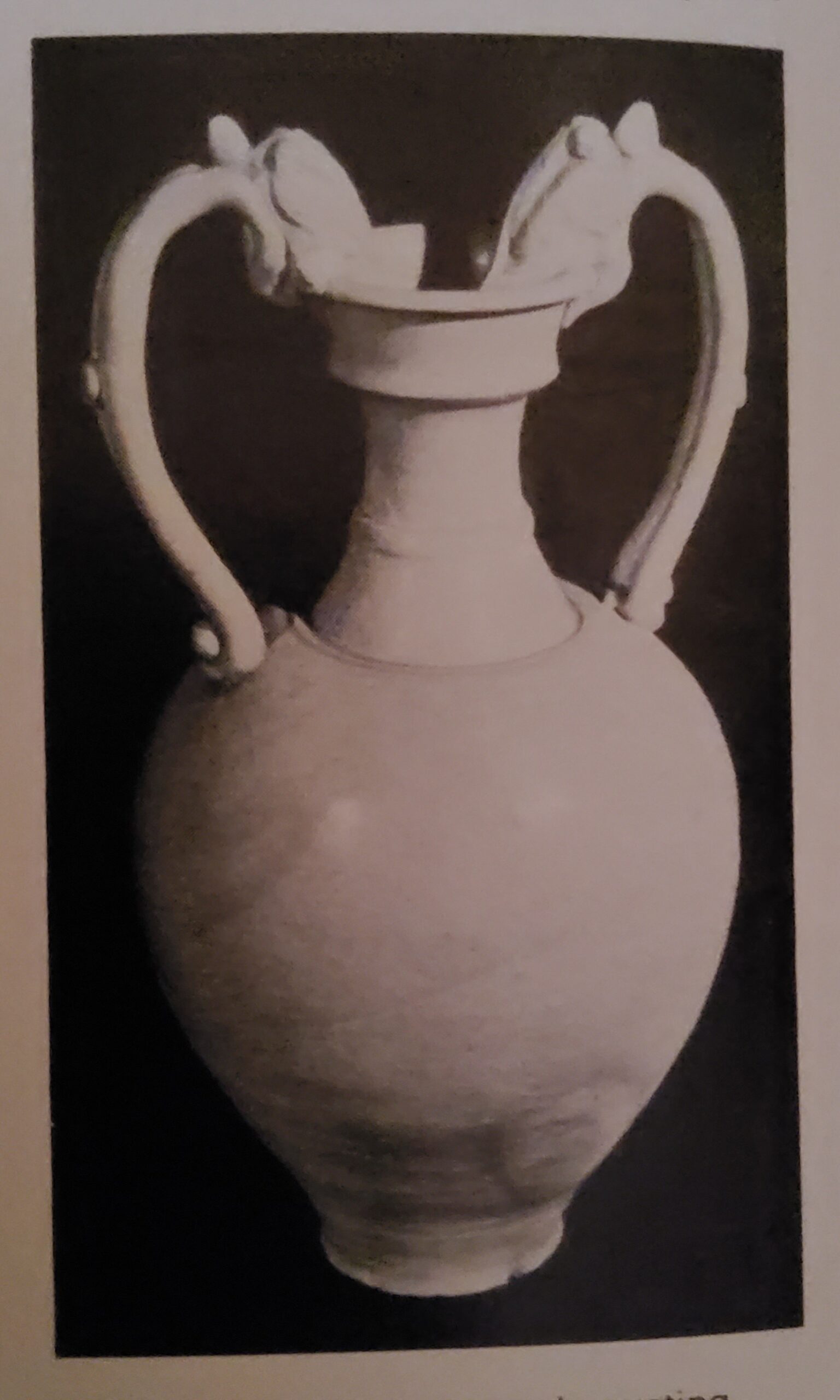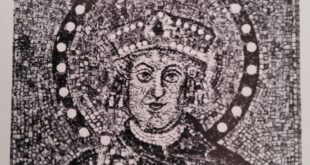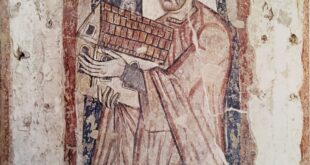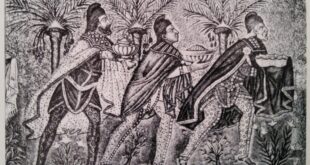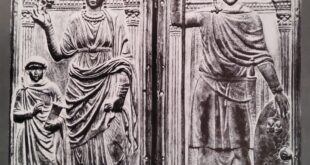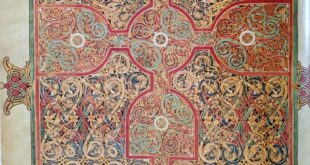Helen “of Troy“ was in fact Helen of Sparta where she was the wife of King Menelaus. She only spent part of her life in Troy, but it was those years which made her famous. The cause of her going there was the following.
The three goddesses, Hera, Athena and Aphrodite (goddess of love) were attending a wedding, when a golden apple was thrown among the guests. It was inscribed “to the fairest”. Naturally, each of the three goddesses claimed it. Zeus ordered Hermes to take them to Mount Ida, near Troy, where Paris would settle their dispute. Paris was the son of King Priam, but it had been prophesied that he would cause trouble; so he had left the court and was working on Mount Ida as a shepherd.
Instead of letting Paris decide simply by looking at them, the three goddesses all offered him bribes. Hera said she would make him a powerful ruler if he chose her. Athena offered him fame as a warrior. However, Aphrodite promised Paris that if he would award her the golden apple she would give him the most beautiful woman in the world for his wife.
Paris gave the golden apple to Aphrodite.
Aphrodite kept her promise, but not in the way one might have expected. Instead of finding a beautiful unmarried girl for Paris, she caused him to fall in love with Helen of Sparta and he eloped with her to Troy. This was an outrageous thing to do. It is not surprising that the poets who told the story made Helen of Troy the cause of a ten year war.



